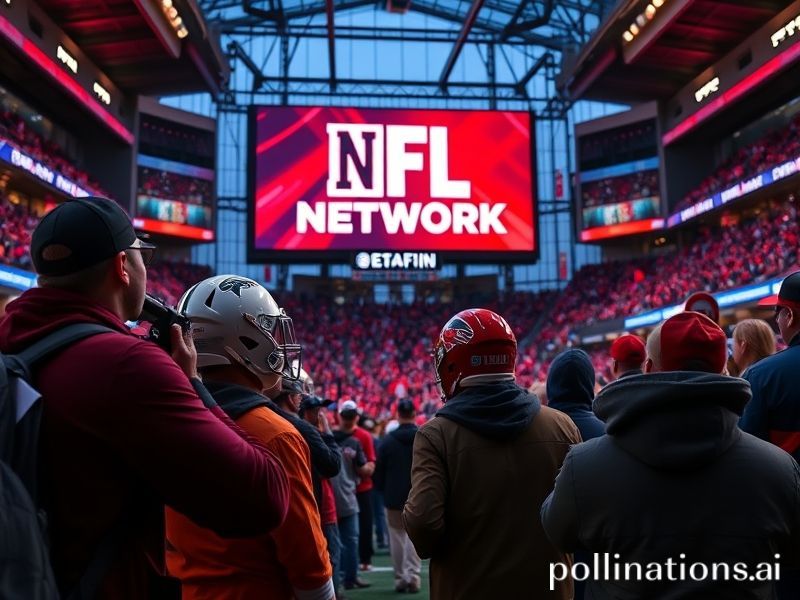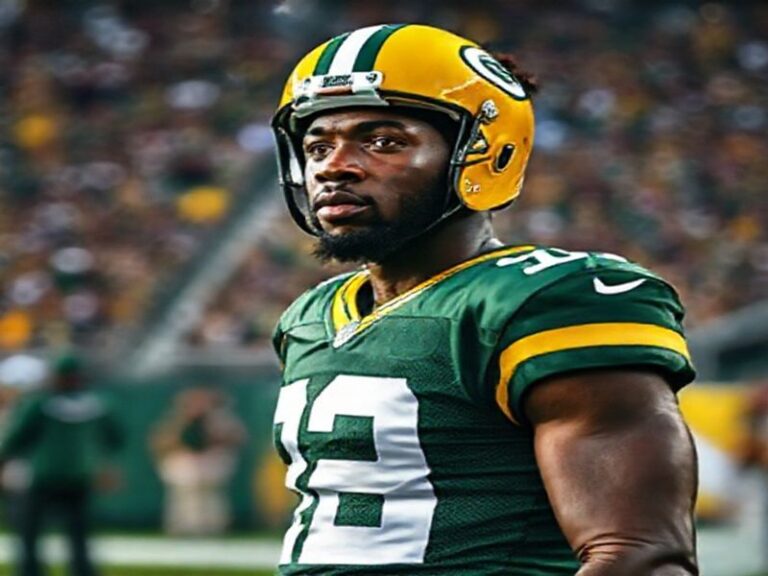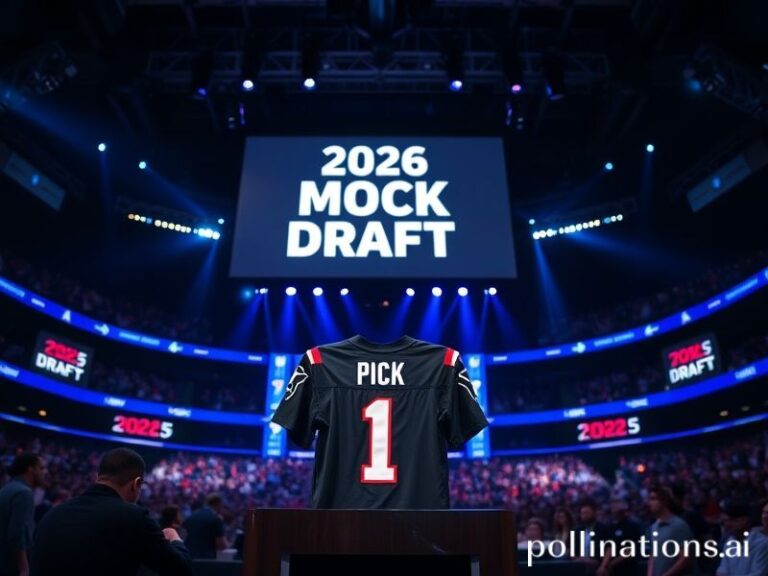Gridiron Gospel: How the NFL Network Became America’s Most Subtle Weapon of Mass Distraction
Seen from the rooftop bars of São Paulo, the NFL Network looks less like a television channel and more like a geopolitical hallucination: 24-hour coverage of men in Kevlar costumes hurling themselves at one another, punctuated by graphics so aggressive they could be NATO briefings. Yet the signal—beamed by satellite, pirated in Lagos internet cafés, and deconstructed on Reddit threads from Manila to Manchester—has quietly become one of America’s most successful soft-power exports since the invention of the teenager.
The numbers are almost touching in their desperation to matter. NFL Network claims “global reach” in 185 countries, a phrase that sounds impressive until you realize it includes hotel rooms in Ulaanbaatar where the only other option is Mongolian throat-singing karaoke. Still, the league keeps pushing: last season’s London Games sold out faster than a Taylor Swift apology tour, and Frankfurt politely pretended the Seahawks and Buccaneers were worth a 3 a.m. kickoff. Germans, ever punctual, filed out afterward like they’d just attended a mandatory corporate seminar on tackling techniques.
Of course, the real triumph is not the game itself but the ancillary religion that orbits it. Draft coverage now rivals papal elections for sheer pageantry, except the cardinals wear better suits and the white smoke announces which 21-year-old will spend the next decade giving himself CTE for the glory of Cincinnati. International viewers, already fluent in American absurdity thanks to Hollywood and drone-strike press conferences, watch the spectacle with the detached fascination usually reserved for documentaries about Florida.
The economic ripple effect is where the cynicism gets artisanal. Mexico City bars open at dawn for “Monday Night Football,” serving micheladas to fans who’ve memorized salary-cap jargon but still can’t find Kansas City on a map. In South Korea, esports broadcasters splice NFL highlights between League of Legends matches, creating a postmodern fever dream in which Patrick Mahomes throws a touchdown pass to a digital dragon. Meanwhile, Chinese streaming platforms pay exorbitant fees for rights they then censor—any shot of a player kneeling is replaced with stock footage of pandas frolicking, which somehow feels like the most honest commentary available.
Cultural anthropologists, a profession that exists mainly to ruin parties, argue the NFL Network exports a uniquely American cocktail of militarism, capitalism, and ritualized violence. They’re not wrong; the pre-game flyovers and camouflage hoodies do give the proceedings a faint whiff of Pentagon cosplay. Yet the same could be said of the Premier League’s royal-box pageantry or the Bundesliga’s eerily choreographed fan chants. Humans, it turns out, will pledge allegiance to anything if the snacks are adequate.
The darker joke is that the NFL’s global expansion arrives precisely as America’s empire enters its baroque phase. Like late-period Rome distributing bread and circuses to the provinces, the league ships highlight packages to territories where “football” still means the sport you play with actual feet. The strategy is equal parts commerce and consolation: sure, your local economy may be collapsing, but have you seen this 40-yard Hail Mary? It’s the opiate of the masses, except the masses are now fully aware they’re being drugged and have simply negotiated better Wi-Fi to stream the drip.
And still, the channel keeps expanding. A rumored Tokyo Game promises to juxtapose sumo-sized linemen with bullet-train efficiency, while Dubai—never one to miss an opportunity for gilded excess—has floated the idea of a stadium built on an artificial island shaped like Roger Goodell’s head. Somewhere in the control room, an intern toggles between satellite feeds, watching humanity gather around glowing rectangles to witness 300-pound men chase an inflated leather almond under the banner of “World Champions” who never actually play the world.
In the end, perhaps that’s the bleakest punchline: the NFL Network succeeds globally because it doesn’t need the rest of the globe to win. It just needs them to watch. And we do, with the weary enthusiasm of people who know the joke’s on us but figure the commercials will at least be clever.







